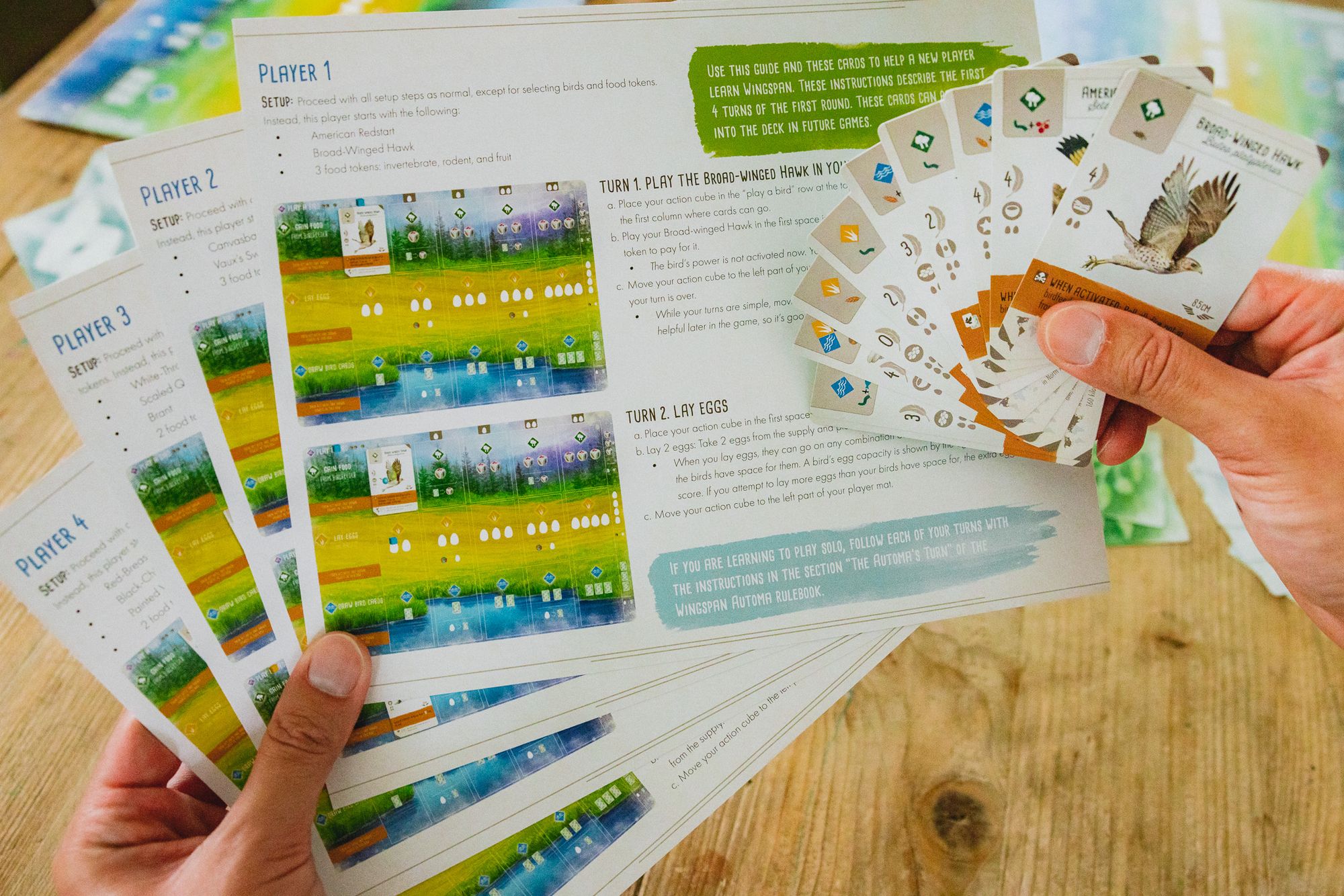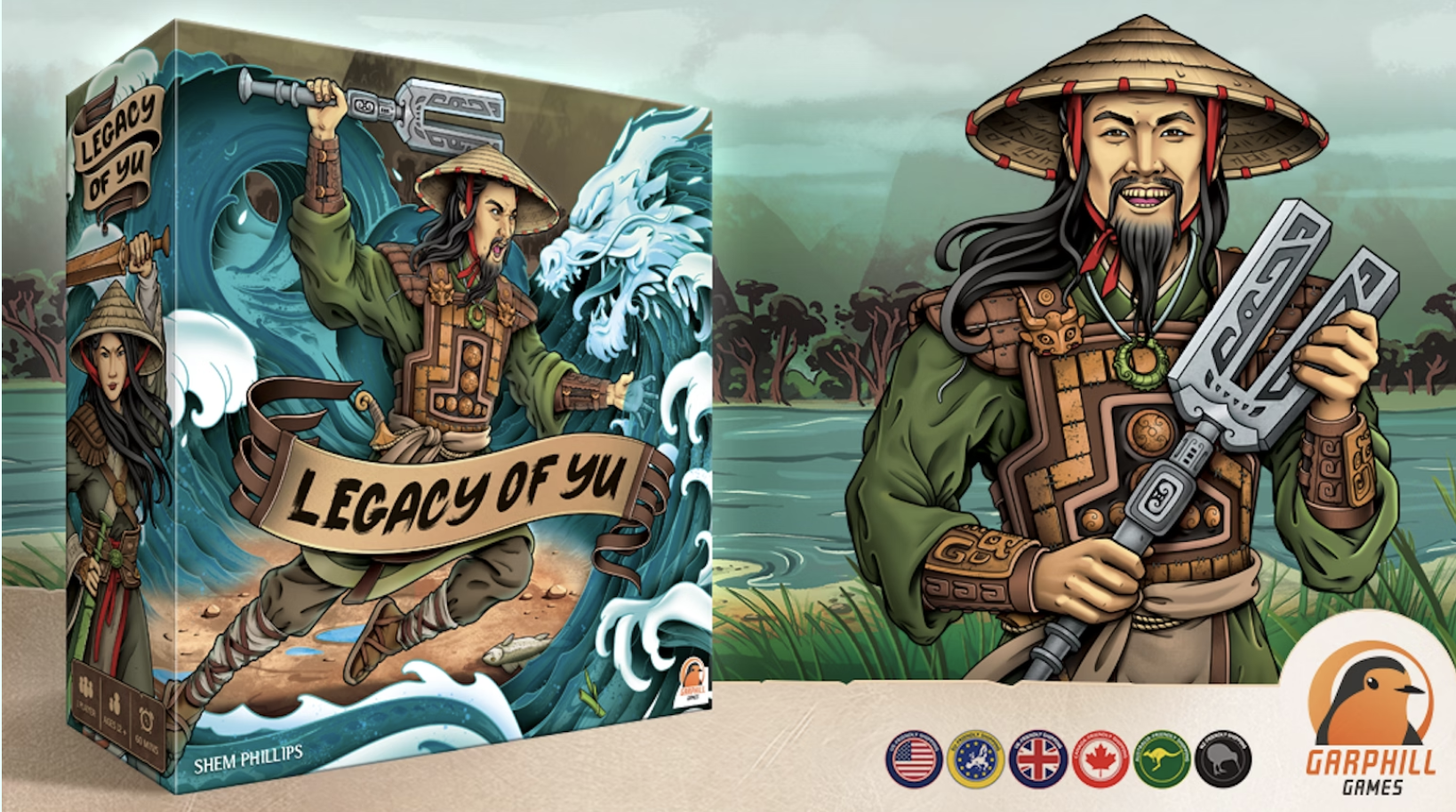What's behind the rise in popularity of board games?
There seem to be a lot of people talking about board games and expressing their increasing love for playing all sorts of interesting new board games.
Along with the number of people wearing 'moon boots' (have you noticed how many people seem to have recently severely injured their feet / ankles) it seems, as a casual observation, that there are a lot of people talking about board games and expressing their increasing love for playing all sorts of interesting new board games besides just the ol' favourites like Monopoly and Trivial Pursuit.

Sure enough, according to The Washington Post; 'the global board game market has an estimated value between $11 billion and $13.4 billion and is projected to grow by about 7 to 11 percent within the next 5 years.'
Year-to-date board game sales last month compared to the same period in 2019 increased 28 percent, according to market research company NPD Group. Card games are up 29 percent and strategic card games — such as Pokémon and Magic: The Gathering — are up 208 percent.
The pandemic and its aftermath most probably had a lot to do with this surge. What could be better, after not having anyone over for a few drinks and a laugh for 2 years, than inviting a group of people over to your place to showoff your word-building skills with a game of SuperScrabble; or demonstrating your ruthlessness and deep, dark desire to be the next Federal Reserve Chair with a quiet game of the 1980's South African nerd classic, Poleconomy?
It's also a part of a larger cultural trend we previously explored called 'kidulting' - adults choosing to spend their leisure time recapturing the innocence and freedom of childhood as an escape from the anxiety-fuelled uncertainties of our current times.
Board games are also very effective social bonding catalysts - they accelerate the speed as which we build a relationship with others. Writing for The Atlantic, Gloria Liu puts it like this:
Rachel Kowert, the research director for Take This, a nonprofit that supports mental health in the gaming community, told me that the beauty of getting to know people through play is that the relationships form “backwards.” “You meet someone on the street—you get to know them slowly over time and see if you can trust them,” she said. “But in a game, if you helped me kill this dragon, I immediately have some foundational level of trust.”
In other words, games can reveal people’s core qualities: how they react when they’re stressed, how they cooperate in a team, or how they behave when they win or lose. Nick Yee, a co-founder of Quantic Foundry, which does market research for video-game companies, told me that games are “not only a social experience, but a social experiment.” They tap into the old idea that to truly know a person, you have to pay attention to what they do instead of what they say.

Then there's the Kickstarter effect.
Pitching a new game idea on Kickstarter and getting potential new players to financially fund a board game project gives game makers a leg-up on others in the toy space. This is how the game Exploding Kittens came into being as well as this year's smash hit, Legacy of Yu.
Whatever the reason, or combination of factors teaming up to inspire a new popularity of board games, the growing cultural phenomenon of analogue home-based gaming is an interesting one to track.
The creativity involved in the development of these products and the way producers are able to rally audiences around a new release holds a lot of lessons for product marketers in other categories.
Now where did we hide that giant SuperScrabble game? - we have a long weekend coming up with some friends and we now feel like handing out a couple of cans of whip ass.
Previously:

More:




